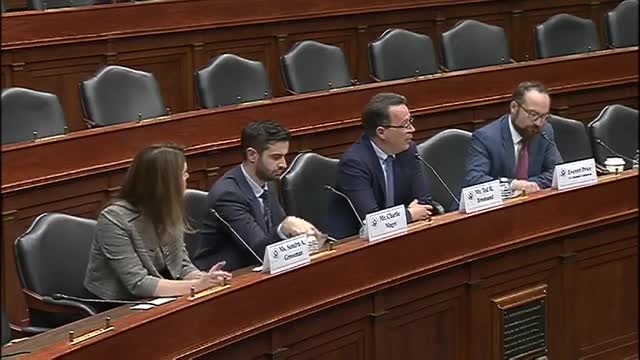Interpol faces scrutiny over potential financial crime abuse
October 30, 2024 | Commission on Security and Cooperation in Europe (U.S. Helsinki Commission): House Commission, Commissions and Caucuses - House and Senate, Congressional Hearings Compilation, Legislative, Federal
This article was created by AI summarizing key points discussed. AI makes mistakes, so for full details and context, please refer to the video of the full meeting. Please report any errors so we can fix them. Report an error »

Participants in the meeting emphasized the need for transparency and accountability within Interpol's operations. There was a call for the Criminal Cases Framework (CCF) to resume its previous practice of publishing data on the origins of cases, which had revealed that Russia was the leading source of abusive cases in 2017. Advocates argue that such transparency is crucial for identifying and addressing systemic abuses.
The conversation also touched on the contentious issue of \"naming and shaming\" countries that misuse Interpol's mechanisms. Some officials expressed skepticism about the potential repercussions of exposing these abuses, particularly regarding cooperation with nations like Russia. They argued that the real danger lies not in revealing the misuse of Interpol but in allowing such abuses to continue unchecked, which could lead to legal challenges and damage the organization's credibility.
Overall, the meeting highlighted a critical juncture for Interpol as it considers new measures to address financial crime while grappling with the implications of potential abuse and the need for greater transparency in its operations.
Don't Miss a Word: See the Full Meeting!
Go beyond summaries. Unlock every video, transcript, and key insight with a Founder Membership.
30-day money-back guarantee
